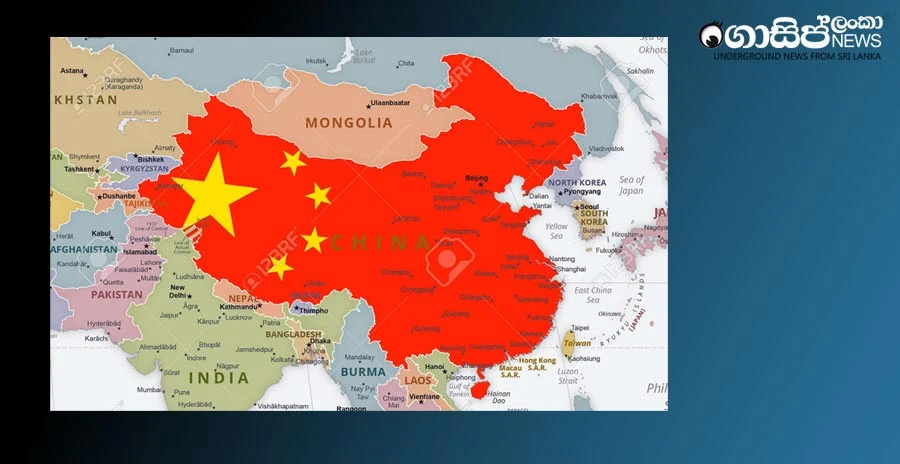In the current geopolitical landscape, timing is everything—and China may have chosen its moment wisely. As much of the world reels from overlapping crises, this could be the ideal time for China to assert its influence without facing the full brunt of global isolation. The COVID-19 pandemic weakened global systems, and in the wake of that instability, China's calculated response to the U.S. has started to unfold.
Unlike the U.S., where political cycles dictate foreign policy recalibrations every two to four years, President Xi Jinping faces no such electoral hurdles. China only needs to hold steady for another 18 months until the next U.S. midterm elections, after which America’s political direction could shift once again. In the meantime, the U.S. appears distracted—its focus divided between domestic challenges and an increasingly complex foreign policy front, including the conflict in Ukraine.
Russia, meanwhile, has emerged relatively unscathed from the U.S.-China rivalry. With no direct impact from U.S. tariffs and benefiting from a distracted Washington, Moscow now watches as new proposals for a multipolar World Order emerge. The shifting tides present both an opportunity and a challenge for global institutions.
ASEAN nations have responded by pushing for a greater role for the WTO, hoping it will mediate and stabilize the escalating tariff disputes. Former British Prime Minister Gordon Brown has called for a "coalition of the willing" to steer global trade away from protectionism. He also argues that for China to rise further, it must boost domestic consumption—transforming itself into a consumer-driven economy and thereby offering an alternative market to the world.
Once, the global debate centered on how China would fit into a U.S.-constructed international system. Now, the tables have turned. The pressing question is: what role does the United States play in an emerging order where China seeks to sit on the throne?
Tags:
News
![Gossip Lanka News [English] Gossip Lanka News [English]](https://blogger.googleusercontent.com/img/a/AVvXsEhYm2aFFq-bIW1nWX-RrqnPFoIsVos6_VCVz8BpLt0QJi55GNXHXC2fugeRvL0qUStEuCfs7Sfu6ZiSlhrkldxfGuE_wzy5gitY6rMZ2KSi8VBbGvkgXLks37RwZV-4-HKbWiNLRxB8C_r1e4z3mpxFTMPDJPEADoG8E-bZteWFipeD5KNGbjvCfqEfKw=s300)
